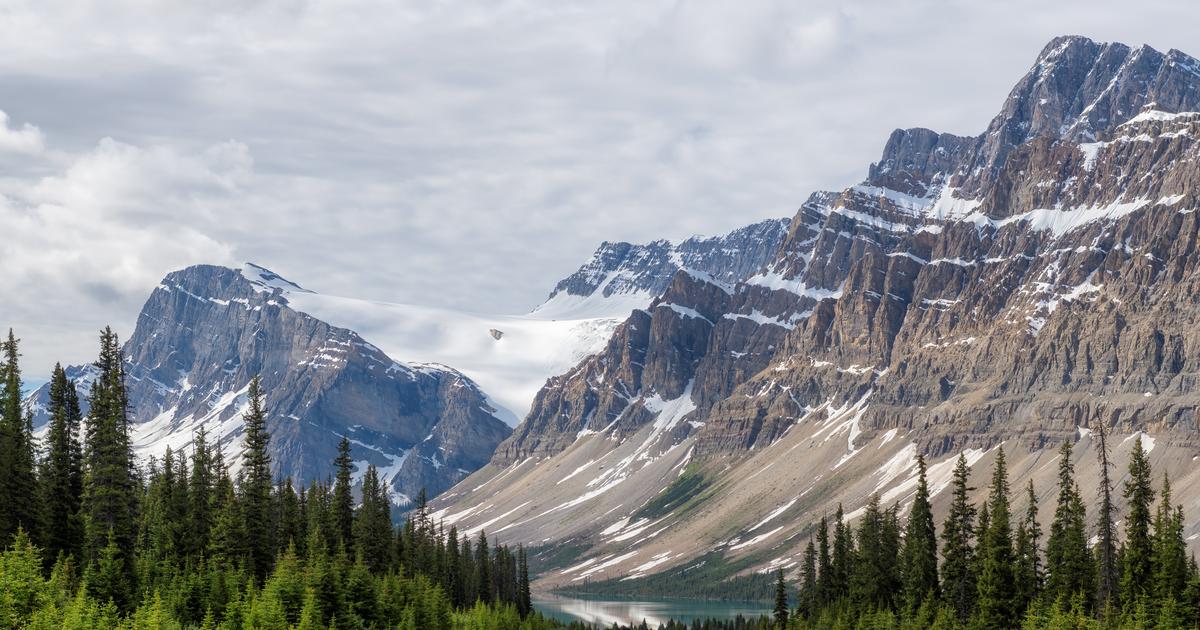The cameras and equipment of a famous American explorer and photographer, Bradford Washburn, have been found after being abandoned in 1937 on a glacier in the Yukon Territory, bordering US Alaska.
Last spring, athletes "
embarked on an unparalleled mission: to find an incredible piece of history
," the government agency Parks Canada said in a Facebook post.
The team assembled by the company specializing in the production of videos dedicated to extreme sports, Teton Gravity Research traveled to Kluane Park, Yukon, with the mission of finding the hiding place where the cameras and equipment were. Bradford Washburn climbing area.
“
Pictures of these mountains 85 years ago
”
Mountaineer, photographer and cartographer, Bradford Washburn was also director of the Boston Science Museum (Massachusetts) which he had founded.
He died in 2007. “
Buried in ice since 1937, this hideout contained three historic cameras with photos of what these mountains looked like 85 years ago.
“, explained Teton Gravity Research, on Facebook.
In 1937, Bradford Washburn was on an expedition with three other mountaineers to attempt the ascent of Mount Lucania (5,226 meters), the third highest peak in Canada, which was then the highest peak ever climbed in North America.
Faced in the descent with extreme conditions, Bradford Washburn and another American mountaineer, Robert Bates, had been forced to reduce their equipment to the bare minimum, abandoning cameras and climbing equipment that became treasures decades later.

